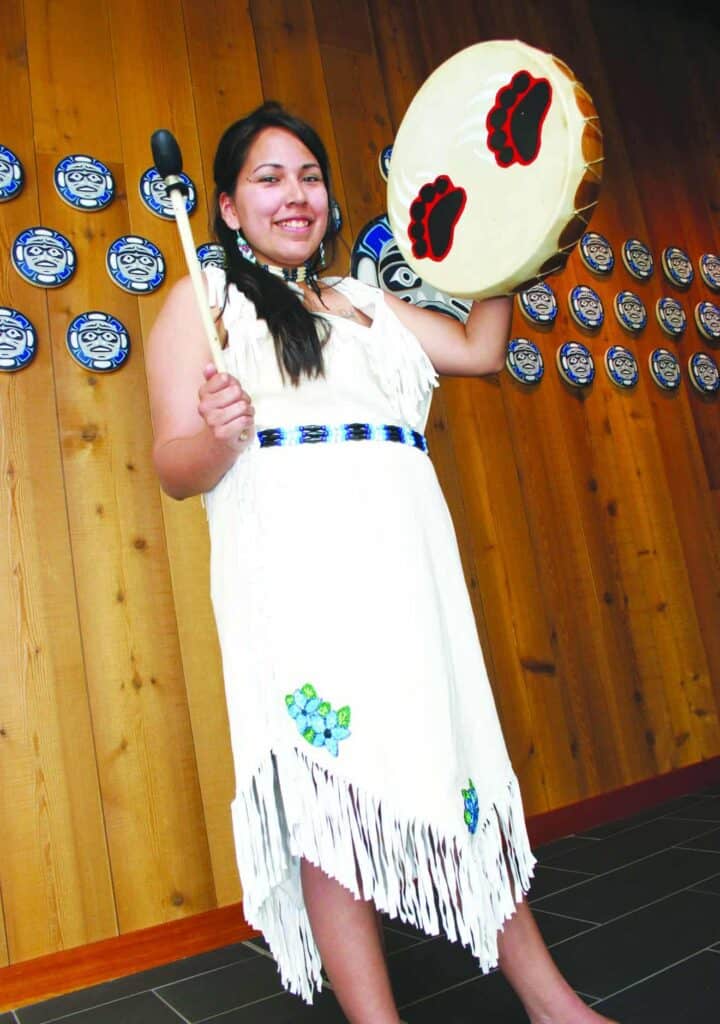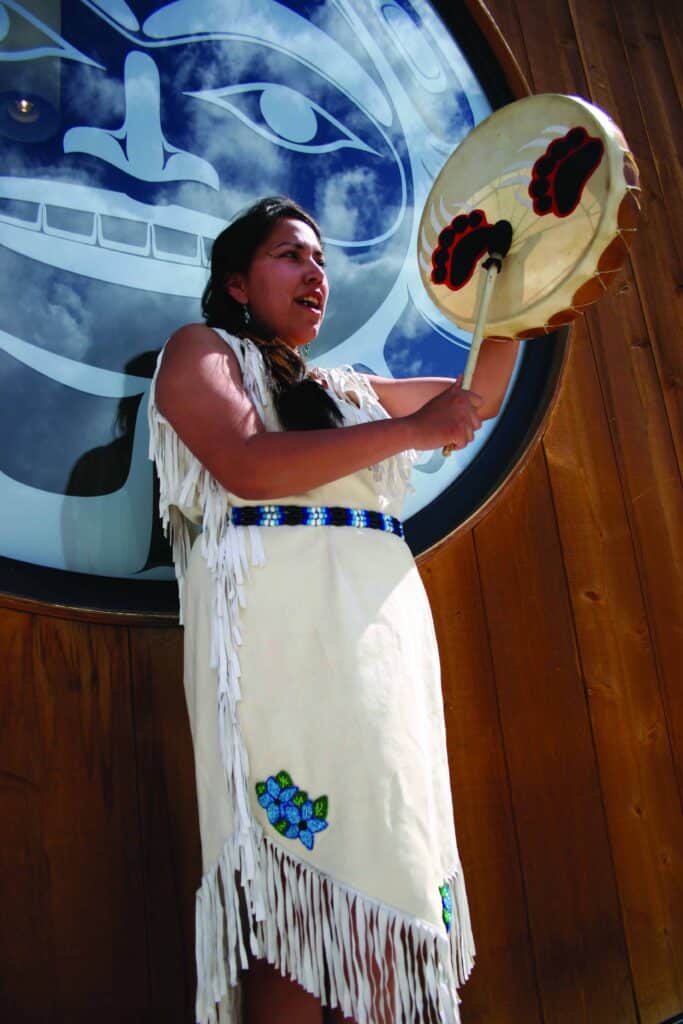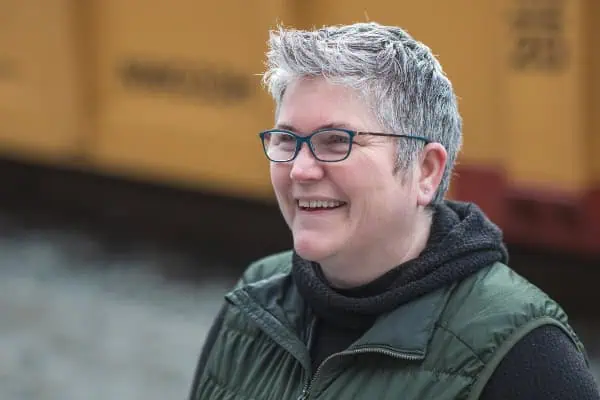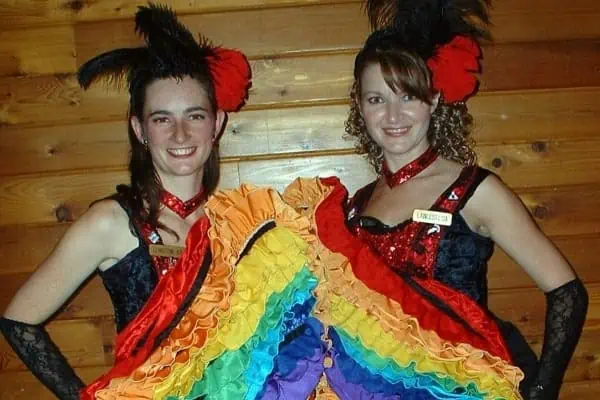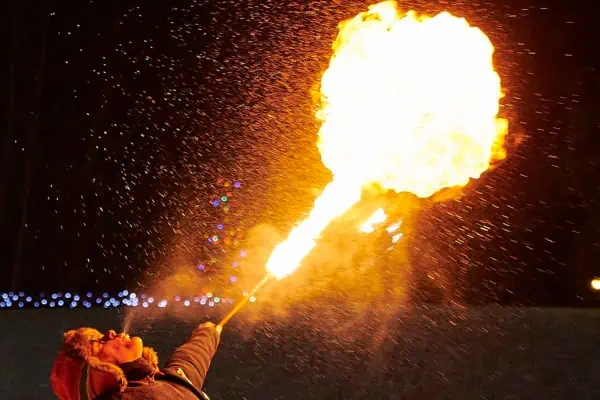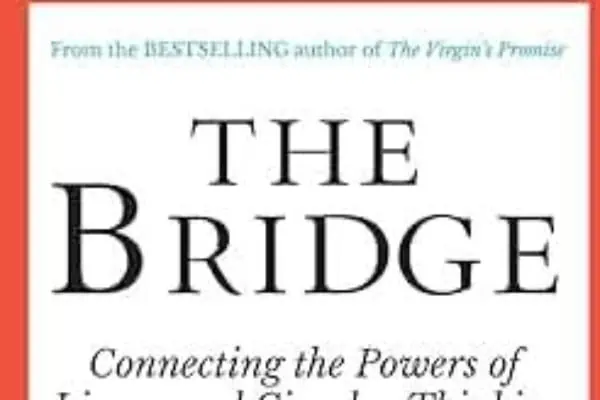The Adäka Cultural Festival will kick off for the third time in Whitehorse on Friday, June 21, which is also National Aboriginal Day.
Adäka (pronounced Aw-daw-kah) means “coming into the light” in the Southern Tutchone language and each year this festival continues to expand, like the sun rising on a new day, spreading its light further across the land.
This year, the Adäka Cultural Festival will feature 28 performance groups, 44 visual artists and 50 public workshops over six days at the Kwanlin Dun Cultural Centre.
Starr Drynock is one of the artists who will be performing at this year’s festival. She will be singing traditional songs from the Nlakapamux Nation and will be dancing with the Dakhká Khwáan Dancers and the Kwanlin Dun All Nations Dance Group.
She anticipates the exposure will help her career.
“I was really happy when they asked me to perform and I look at it as a really good opportunity for me to gain more exposure,” Drynock says. “Just from smaller public performances that I have done, people have asked me to sing at their potlatches and celebrations.”
Drynock moved to the Yukon five-and-a-half years ago. She was born and raised in Meritt, B.C. where her family told her that she was a “carrier of songs.” She also happens to be an embodiment of what the Adäka Cultural Festival strives to achieve – promoting people, promoting connections, getting people together. She recently joined the Kwanlin Dun All Nations Dance Group, and soon after, the Dakhká Khwáan Dancers, too.
When Drynock went to her first dance group practices she was coming as an outsider, but she was welcomed in.
“All of the people are such great teachers, who always tell me, ‘Don’t be afraid to ask’ and they showed me not to be afraid to try something new,” Drynock says. “It’s interesting to learn about the different cultures and ways of other First Nations people and how they compare to my own. And it’s neat to see which rules and customs apply and vary, depending on the tradition of the people and which area they are from. Within this group I am able to teach them my songs and in turn, I am learning theirs.”
The Adäka festival is all about sharing culture – sharing among the different First Nations and presenting First Nations culture to all the other different cultural groups in the Yukon, too.
“Everyone is invited,” says Caili Steel, associate producer of the festival. “It is a festival showcasing First Nation artists, but it is for everyone to come and celebrate our Yukon talent. It is a place to create cross-cultural understanding and to build awareness that is integral to community development and appreciation.”
The festival is also about fuelling performers’ inspiration.
“We are focused on creating as many opportunities and possibilities as we can, for all of the people involved, so that artists continue to be inspired, make connections and in doing so, create new opportunities to facilitate their own growth and expansion,” she says.
In addition, the festival provides opportunities for people beginning to learn an art form to share it with an audience.
“We really do try to balance the skill levels of the emerging, established and master artists, so that there is a constant exchange of ideas, knowledge and skill development,” Steel says.
The festival is always seeking to improve upon their partnerships within the community to branch out and offer as many different events as they can. This year they have partnered with local organizations Bringing Youth Towards Equality (BYTE), Northern Cultural Expressions Society and the Yukon Film Society to host the British Columbia-based music and video performance group Skookum Sound System on June 27.
“Partnerships are so important”, Steel says. “They are a way to work across lines and engage the community, to diversify programming and continue expanding out.”
And really, that is what this festival is all about.
The Whitehorse Public Library and Gwaandak Theatre have helped to bring in storyteller Reneltta Arluk, who is Inuvialuit, Gwich’in and Chipewyan-Cree descent originally from the Northwest Territories, to tell stories on June 25. The Aboriginal Sport Circle will be doing daily Arctic sports demonstrations, such as high kicks and finger pulls, and the Family Literacy Coalition will be offering events and activities for young children. The Yukon College will host the free community feast on Sunday at noon and the Yukon Arts Centre has provided support for the festival’s art gallery and marketplace.
You can catch Starr Drynock dancing with the Dakhká Khwáan Dancers at the festival kick-off on June 21 at 7:25 p.m. and on June 23 with the Kwanlin Dun All Nations Dance Group at 2:45 p.m. Her solo singing performance will be on June 27 at 6 p.m.
The Adäka Cultural Festival takes place June 21 to 27 in Whitehorse, with all events taking place at the Kwanlin Dun Cultural Centre.
The Adäka Cultural Festival will kick off for the third time in Whitehorse on Friday, June 21, which is also National Aboriginal Day.
Adäka (pronounced Aw-daw-kah) means “coming into the light” in the Southern Tutchone language and each year this festival continues to expand, like the sun rising on a new day, spreading its light further across the land.
This year, the Adäka Cultural Festival will feature 28 performance groups, 44 visual artists and 50 public workshops over six days at the Kwanlin Dun Cultural Centre.
Starr Drynock is one of the artists who will be performing at this year’s festival. She will be singing traditional songs from the Nlakapamux Nation and will be dancing with the Dakhká Khwáan Dancers and the Kwanlin Dun All Nations Dance Group.
She anticipates the exposure will help her career.
“I was really happy when they asked me to perform and I look at it as a really good opportunity for me to gain more exposure,” Drynock says. “Just from smaller public performances that I have done, people have asked me to sing at their potlatches and celebrations.”
Drynock moved to the Yukon five-and-a-half years ago. She was born and raised in Meritt, B.C. where her family told her that she was a “carrier of songs.” She also happens to be an embodiment of what the Adäka Cultural Festival strives to achieve – promoting people, promoting connections, getting people together. She recently joined the Kwanlin Dun All Nations Dance Group, and soon after, the Dakhká Khwáan Dancers, too.
When Drynock went to her first dance group practices she was coming as an outsider, but she was welcomed in.
“All of the people are such great teachers, who always tell me, ‘Don’t be afraid to ask’ and they showed me not to be afraid to try something new,” Drynock says. “It’s interesting to learn about the different cultures and ways of other First Nations people and how they compare to my own. And it’s neat to see which rules and customs apply and vary, depending on the tradition of the people and which area they are from. Within this group I am able to teach them my songs and in turn, I am learning theirs.”
The Adäka festival is all about sharing culture – sharing among the different First Nations and presenting First Nations culture to all the other different cultural groups in the Yukon, too.
“Everyone is invited,” says Caili Steel, associate producer of the festival. “It is a festival showcasing First Nation artists, but it is for everyone to come and celebrate our Yukon talent. It is a place to create cross-cultural understanding and to build awareness that is integral to community development and appreciation.”
The festival is also about fuelling performers’ inspiration.
“We are focused on creating as many opportunities and possibilities as we can, for all of the people involved, so that artists continue to be inspired, make connections and in doing so, create new opportunities to facilitate their own growth and expansion,” she says.
In addition, the festival provides opportunities for people beginning to learn an art form to share it with an audience.
“We really do try to balance the skill levels of the emerging, established and master artists, so that there is a constant exchange of ideas, knowledge and skill development,” Steel says.
The festival is always seeking to improve upon their partnerships within the community to branch out and offer as many different events as they can. This year they have partnered with local organizations Bringing Youth Towards Equality (BYTE), Northern Cultural Expressions Society and the Yukon Film Society to host the British Columbia-based music and video performance group Skookum Sound System on June 27.
“Partnerships are so important”, Steel says. “They are a way to work across lines and engage the community, to diversify programming and continue expanding out.”
And really, that is what this festival is all about.
The Whitehorse Public Library and Gwaandak Theatre have helped to bring in storyteller Reneltta Arluk, who is Inuvialuit, Gwich’in and Chipewyan-Cree descent originally from the Northwest Territories, to tell stories on June 25. The Aboriginal Sport Circle will be doing daily Arctic sports demonstrations, such as high kicks and finger pulls, and the Family Literacy Coalition will be offering events and activities for young children. The Yukon College will host the free community feast on Sunday at noon and the Yukon Arts Centre has provided support for the festival’s art gallery and marketplace.
You can catch Starr Drynock dancing with the Dakhká Khwáan Dancers at the festival kick-off on June 21 at 7:25 p.m. and on June 23 with the Kwanlin Dun All Nations Dance Group at 2:45 p.m. Her solo singing performance will be on June 27 at 6 p.m.
The Adäka Cultural Festival takes place June 21 to 27 in Whitehorse, with all events taking place at the Kwanlin Dun Cultural Centre.

